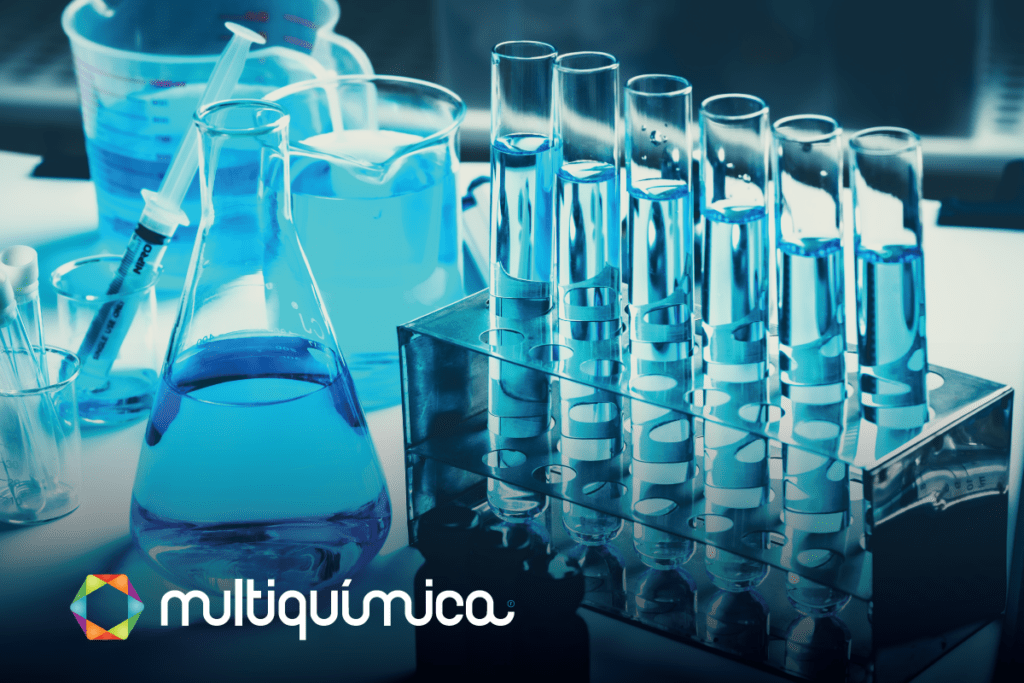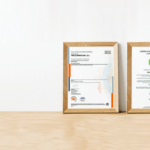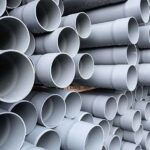New Dalkyd 160 01 MNV 98 (Soya) and Dalkyd 180 01 MNV 98 (Flaxseed)
As is widely known, the use of alkyd resins has been reduced in developed regions, especially for architectural applications.
Today the trend is to replace these products with water-based polymeric dispersions, when possible and when not, the reformulations of alkyd resins have led to the avoidance of materials that pollute the environment and high-solid products.
MULTIQUIMICA has recently developed long alkyd resins with a solid content of 100%.
These materials, where the Pb compound has been eliminated as an alcoholysis catalyst and where non-HAPs reflux solvents are also used instead of Xylene, are products that, contrary to what might be assumed, have a very low packing viscosity. Gardner packing viscosities can range from V to Y and those reduced to 70% solids in White Spirit with less than 1% aromatic content, do not exceed the B-D range.
These products with a content of volatile organic compounds close to zero contribute to caring for the environment, which is so necessary today.
They have wide application as latex paint modifiers where chalk resistance, flexibility and adhesion are necessary to enhance the properties of a water-based paint system where low or zero VOC polymers are used.
However, this is not the only application of this type of 0-HAPs polymers.
With them, stains and varnishes with resistance to blistering and fast drying can be formulated without the addition of solvents due to their low viscosity and Newtonian behavior.
Likewise, this new family of polymers developed based on soybean or linseed oil can be used to formulate printing inks and primers for steel structures where the use of Zn and Mg phosphates as anticorrosive pigments allow reaching more than 1500 hours of saline fog. .






